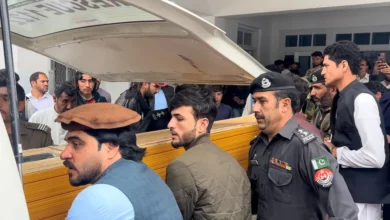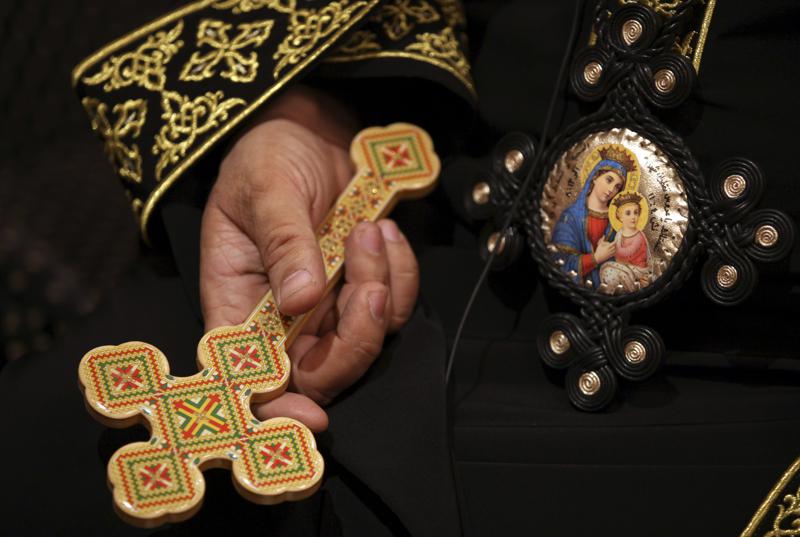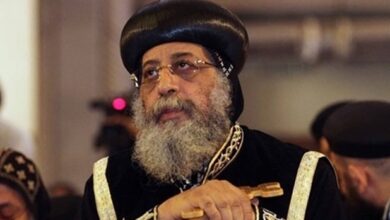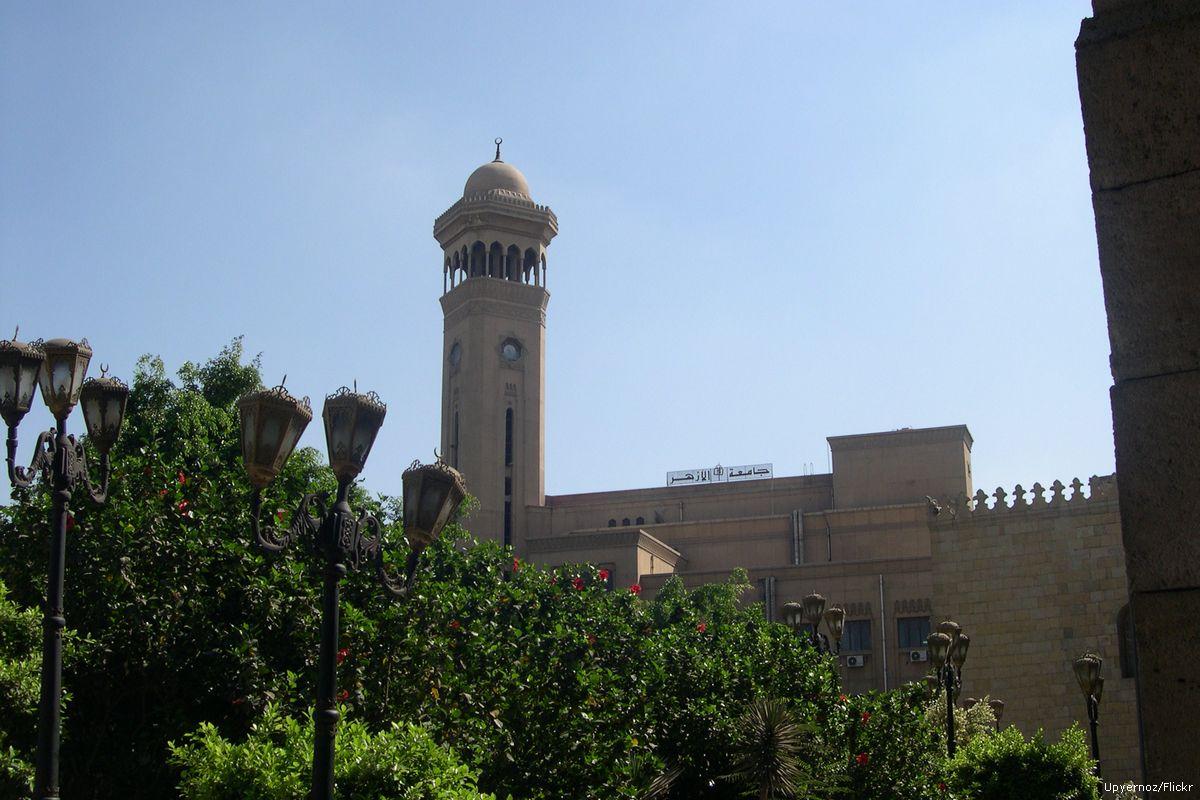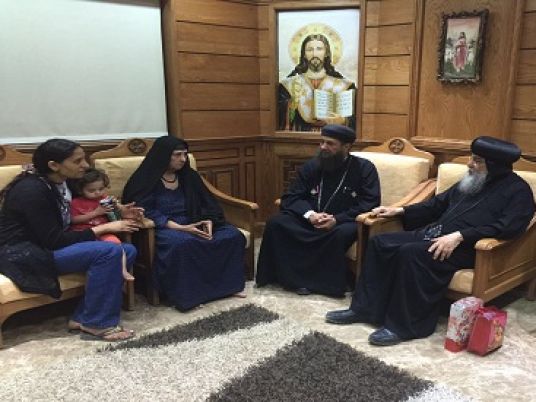
The US Department of State issued a report on Wednesday in which it highlighted the ongoing persecution of Egypt's Coptic minority at the hands of Muslims through 2015, while outlining the limited steps taken by the Egyptian government to tackle the issue.
The International Religious Freedom Report for 2015 chronicles the situation regarding religious freedom in every country in the world, including the actions and policies of governments and officials.
According to the latest report, Egypt's Copts have faced ongoing persecution, including acts of violence, while the government's role has been limited to mediating between Muslims and Copts without taking drastic, deterrent measures to curb sectarian incidents.
"The government failed to respond to or prevent sectarian violence in some cases, in particular outside of major cities, according to rights advocates," said the report.
"Government officials frequently participated in informal 'reconciliation sessions' to address incidents of sectarian violence and tension, saying such sessions prevented further violence. Such sessions, however, regularly led to outcomes unfavorable to minority parties, and precluded recourse to the judicial system in most cases, according to human rights groups."
However, the report does identify efforts by President Abdel Fattah al-Sisi to elimiate the deep-rooted sense of marginalization felt by Christains in society, placing a strong emphasis on the importance of achieving unity across religious boundaries.
"Actions of President Abdel Fattah al-Sisi – seen by Christian leaders as positive signals that Christians are full members of Egyptian society – included calls for imams and scholars to promote tolerant Islamic teachings, a visit to the main Coptic Orthodox cathedral on Christmas Eve, and initiatives following the beheading of 20 Egyptian Copts in Libya by an affiliate of Da’esh (Islamic State of Iraq and the Levant)," the report reads.
"Government and religious institutions responded to Sisi’s call for tolerance with some efforts to limit language promoting sectarianism or violence. At the expense of the government, the military completed the rebuilding of 26 of the 78 churches and other Christian properties burned by Islamist-led mobs following the removal of the Muslim Brotherhood-led government in 2013."
Despite the government's attempts, the report explains that a harmonious relationship between Christains and Muslims cannot easily be attained after decades of sectarinism in the country.
"Societal resistance to the building and rebuilding of churches occurred, including in El-‘Our where President Sisi had publicly approved the construction of a church in honor of the 20 Egyptian Copts killed in Libya."
Approximately 90 percent of the population of Egypt is Sunni Muslim and approximately 10 percent Christian, although estimates range from 5 percent to 15 percent. Of the Christians, approximately 90 percent belong to the Coptic Orthodox Church, according to Christian leaders. Other Christian communities together constitute less than 2 percent of the population.
The State Department report came as no surprise. Since the January 25 uprising in 2011, Egypt has witnessed a series of incidents of sectarian violence.
Minya in particular has been the scene of a wave of sectarian clashes recently. A month ago, a young Christian man was killed and three others injured in a knife fight in Tihna al-Jabal village, sparked by an alleged verbal attack on a local priest.
In May, an elderly Coptic woman was stripped of her clothes and dragged through the streets of Karam village, Minya, after rumors were spread that her son was having an affair with a local Muslim woman. Several Christian homes were torched that same week as a result of the tensions.
Then in late July, a mob in the village of Saft al-Kharsa in Beni Suef attacked a building under construction after suspicions were raised that it was to be an unlicensed church. The attack led to the destruction a Christian man's house and a car.
The report wraps up by giving prominence to the continued advancement of religious freedoms in Egypt and sheds light on the government's pivotal role in upholding respect for the rights of all citizens, regardles of religion.

